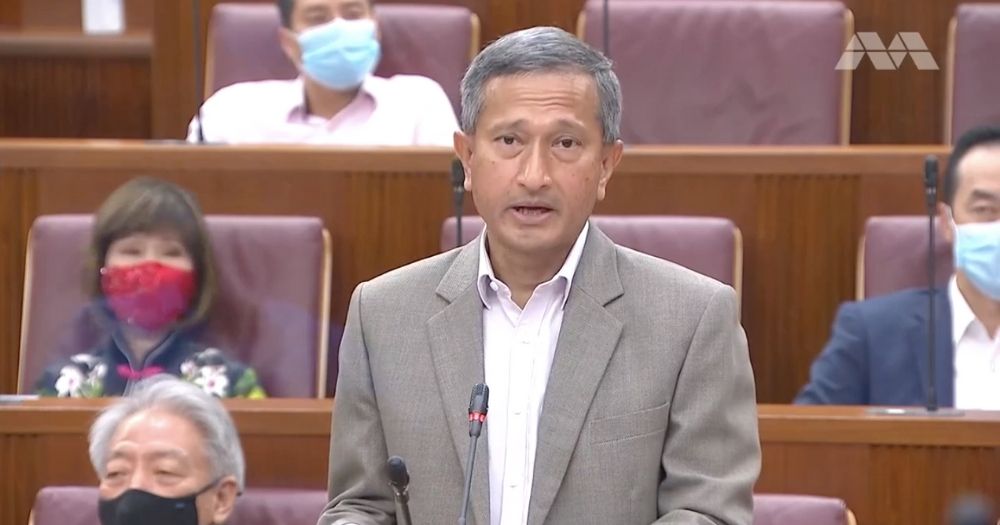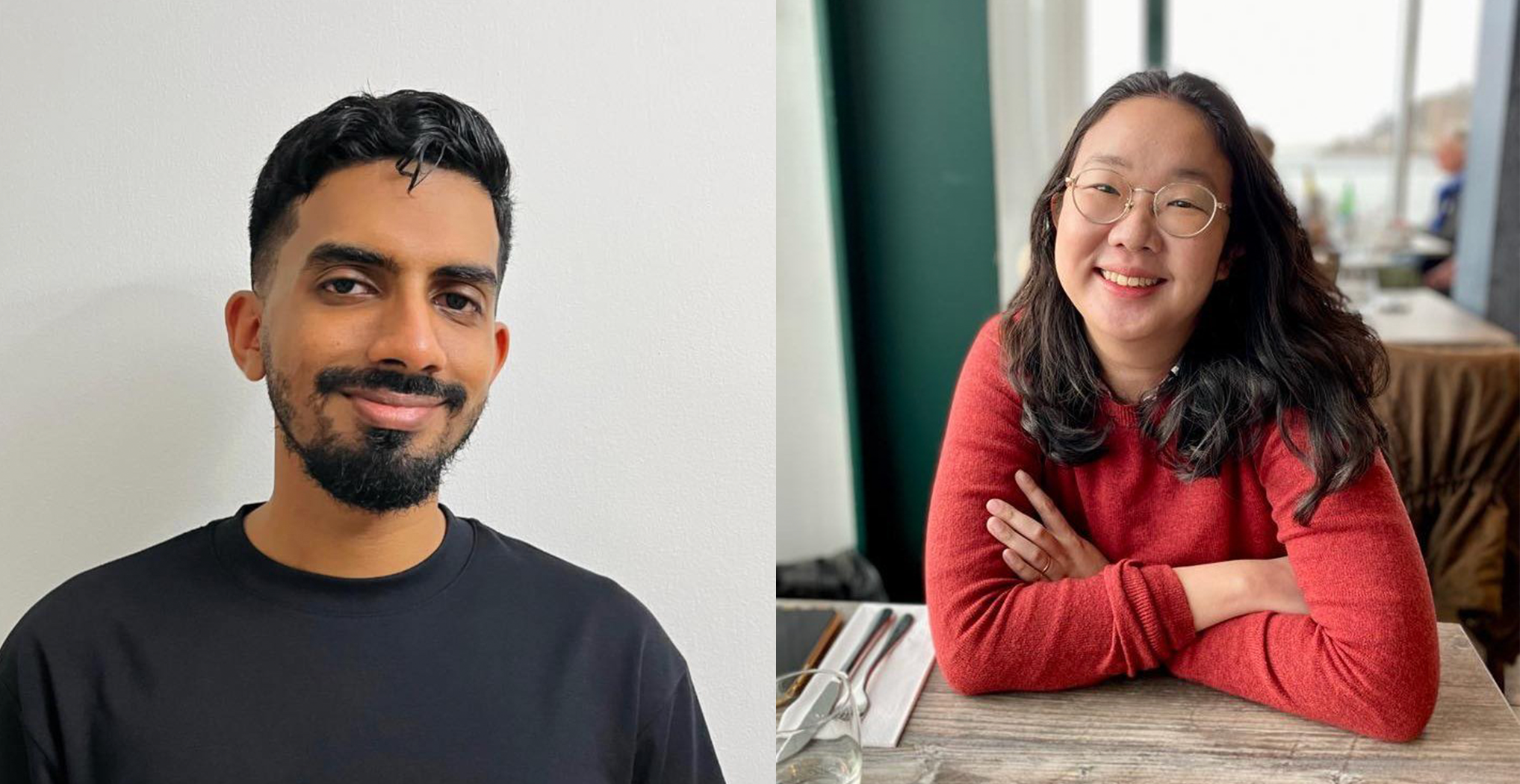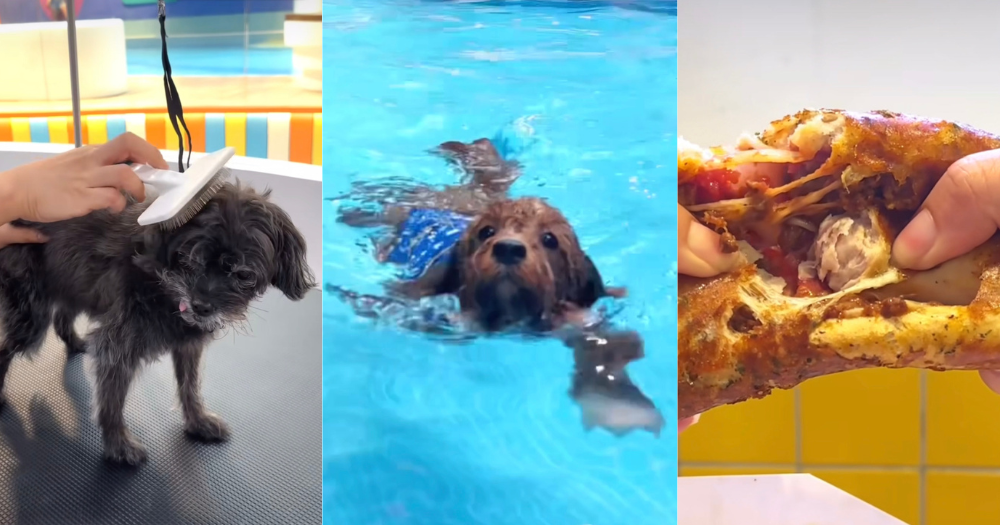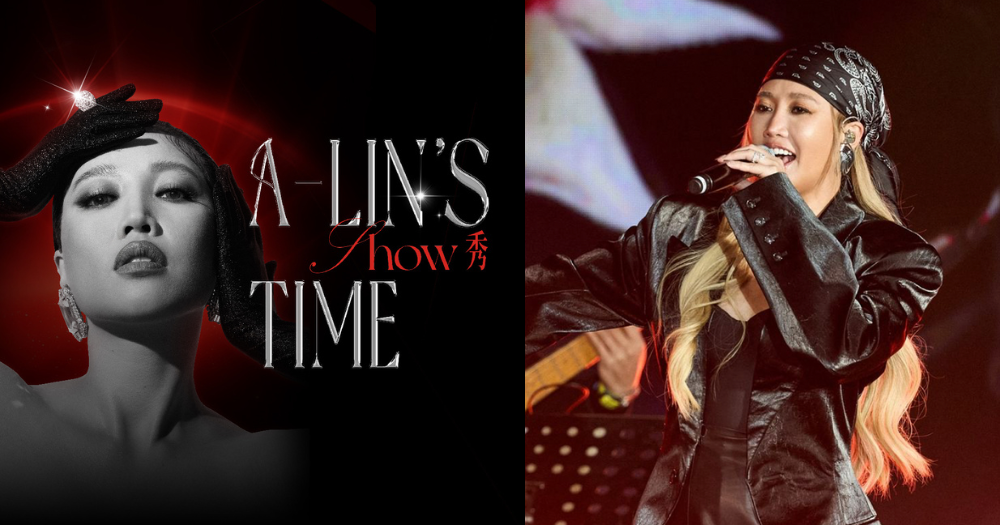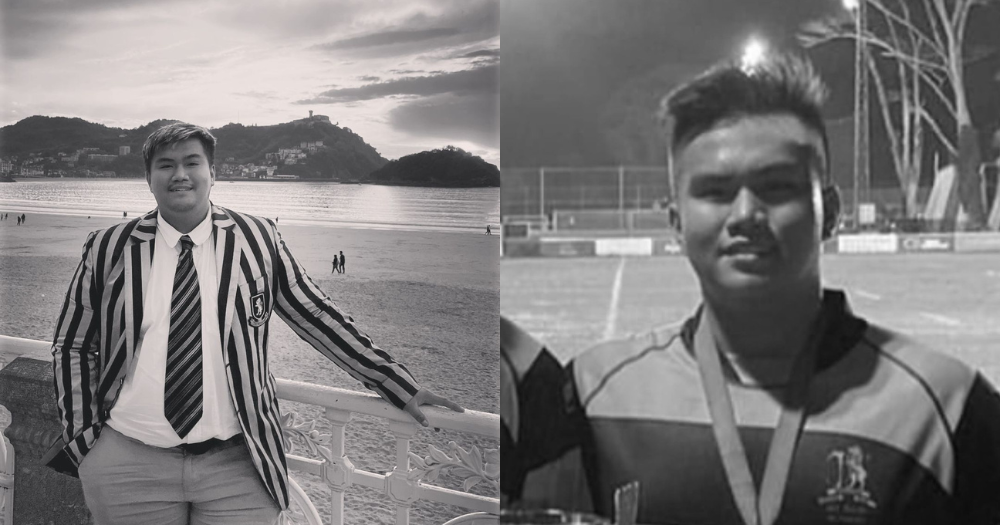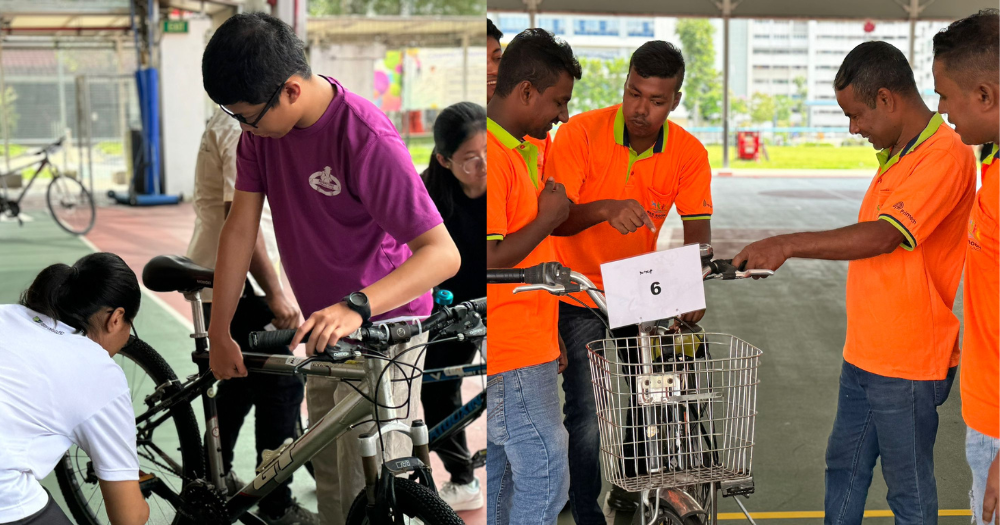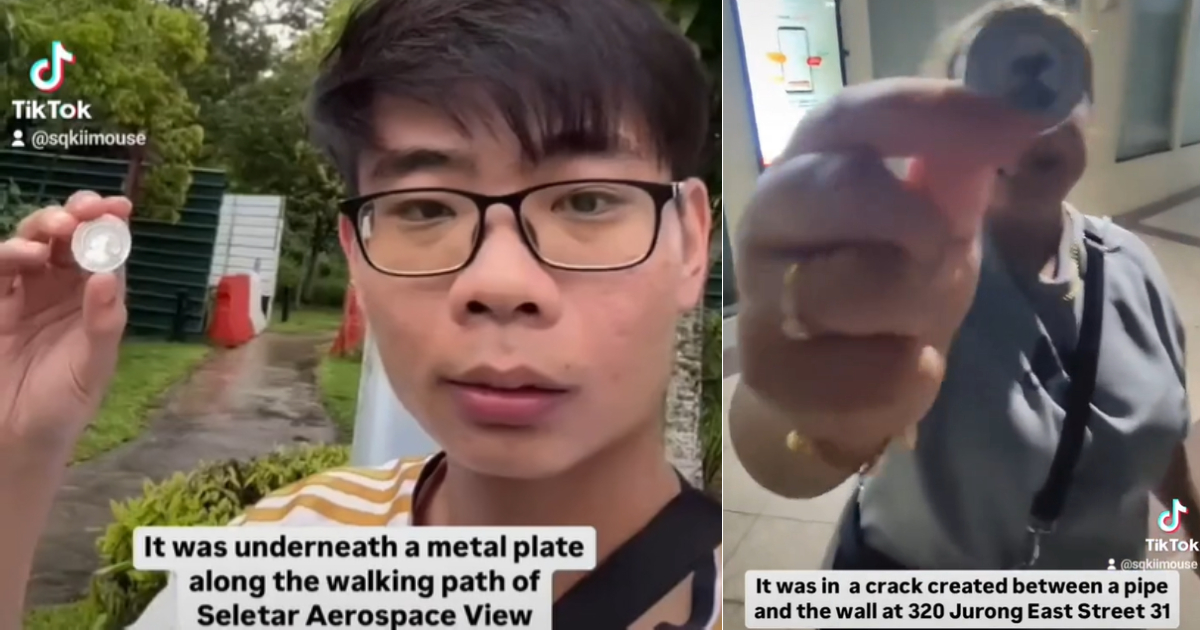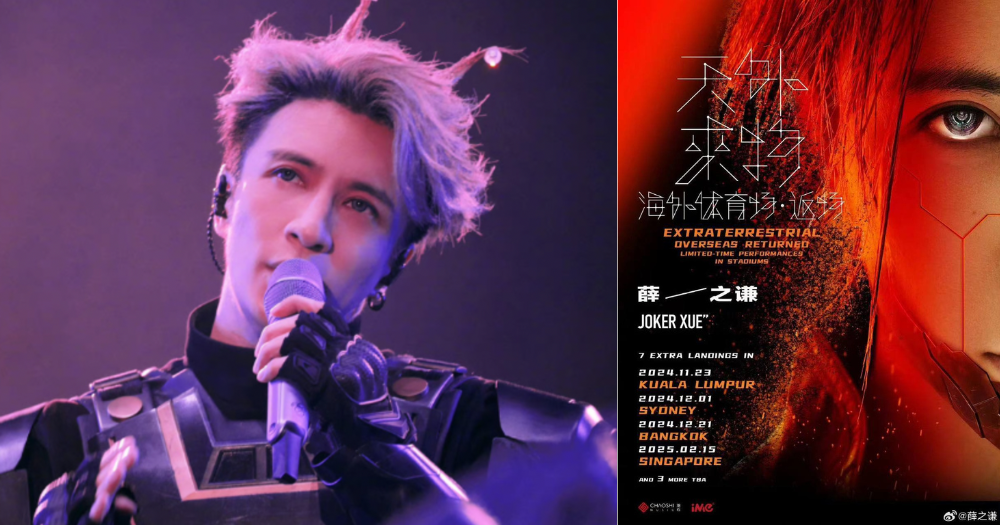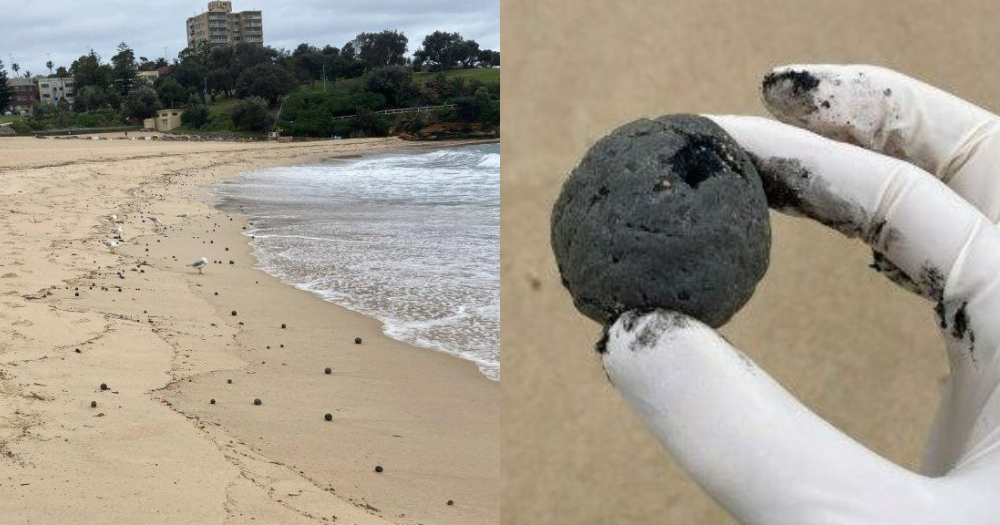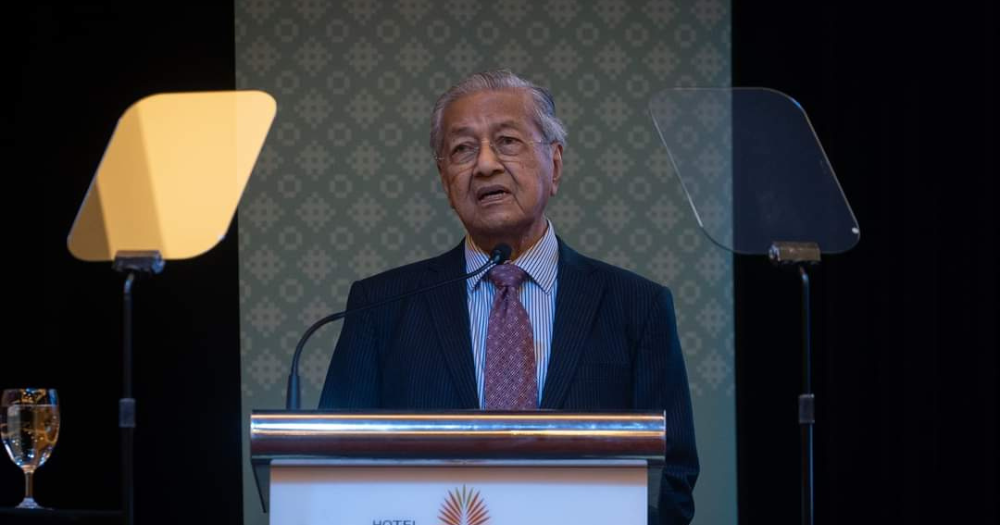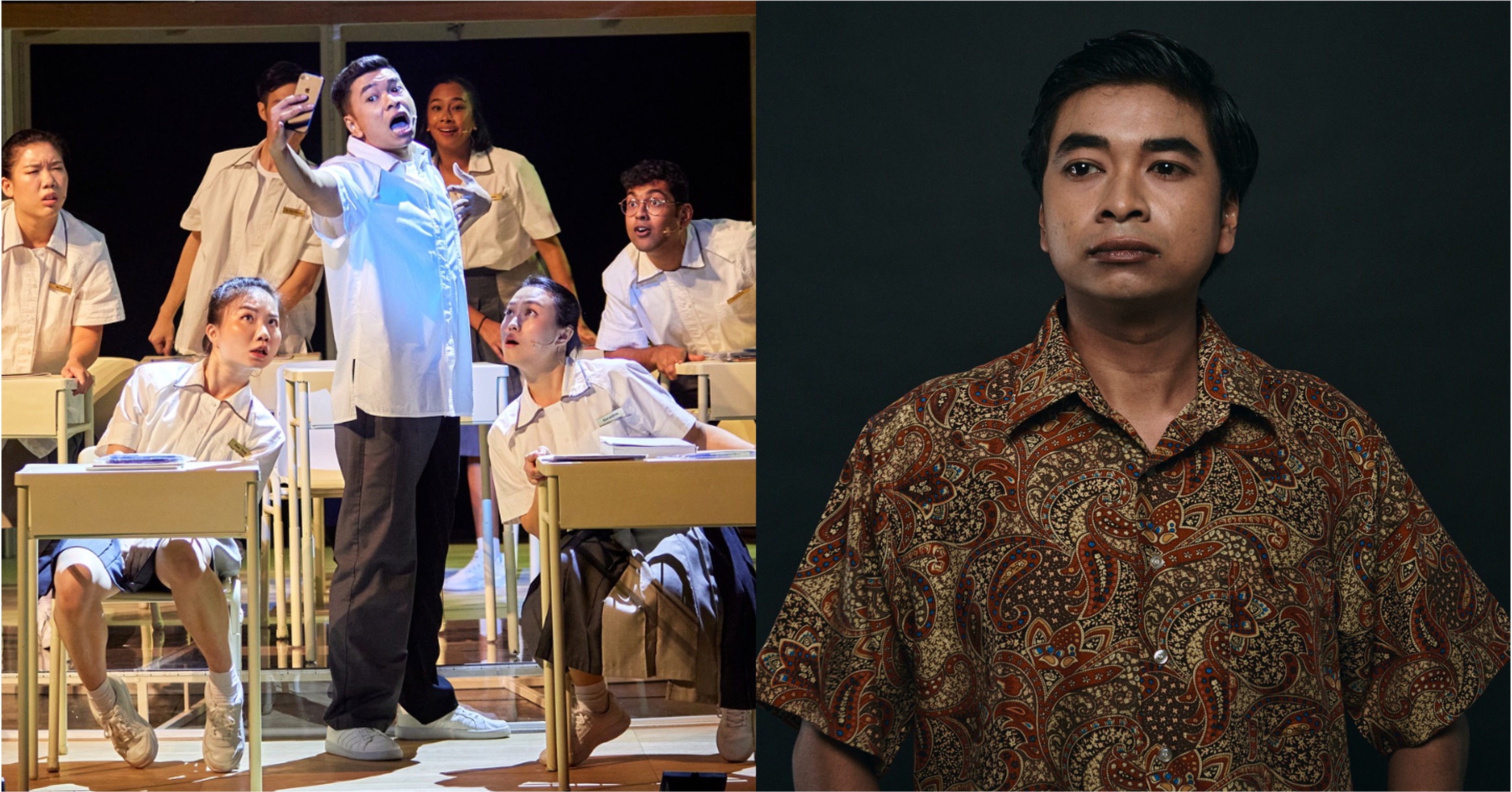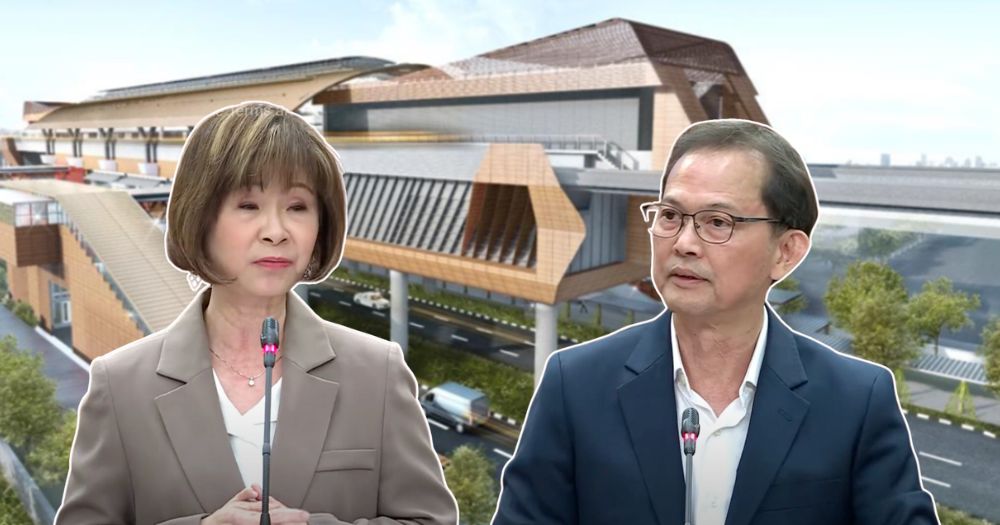Josephine Teo plays deepfake video of herself in parliament to highlight importance of new law banning deepfakes during election
The video only took one person one hour to create.
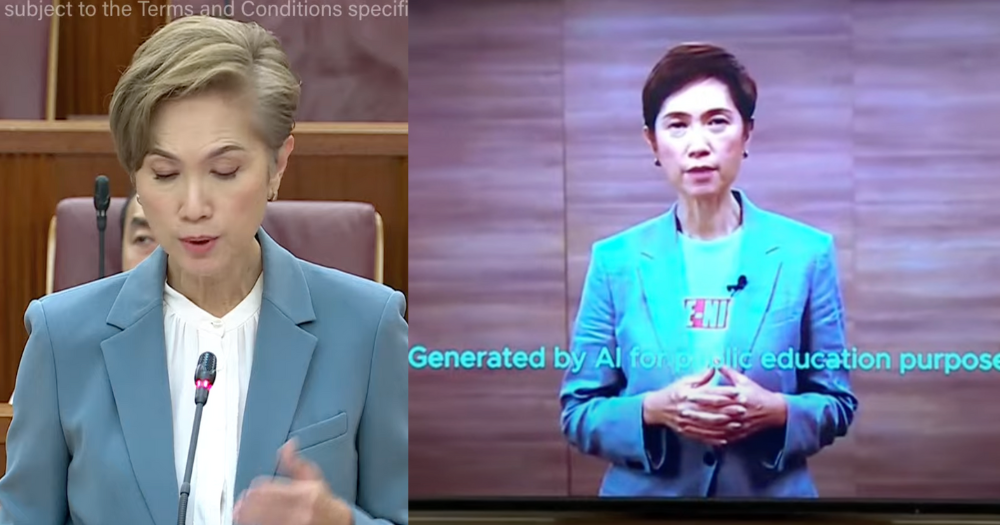
Singapore passed the Elections (Integrity of Online Advertising) (Amendment) (ELIONA) Bill on Oct. 15, 2024. The bill was first tabled last month, on Sep. 9.
Minister for Digital Development and Information Josephine Teo, while delivering the second reading of the Elections (Integrity of Online Advertising) (Amendment) (ELIONA) Bill on Oct. 15, requested that a video be played on the LED screens.
The 38-second video showed what appeared to be Teo speaking to the camera: "Hello, it’s been a busy day in the office, and I’ve just had a cup of coffee."
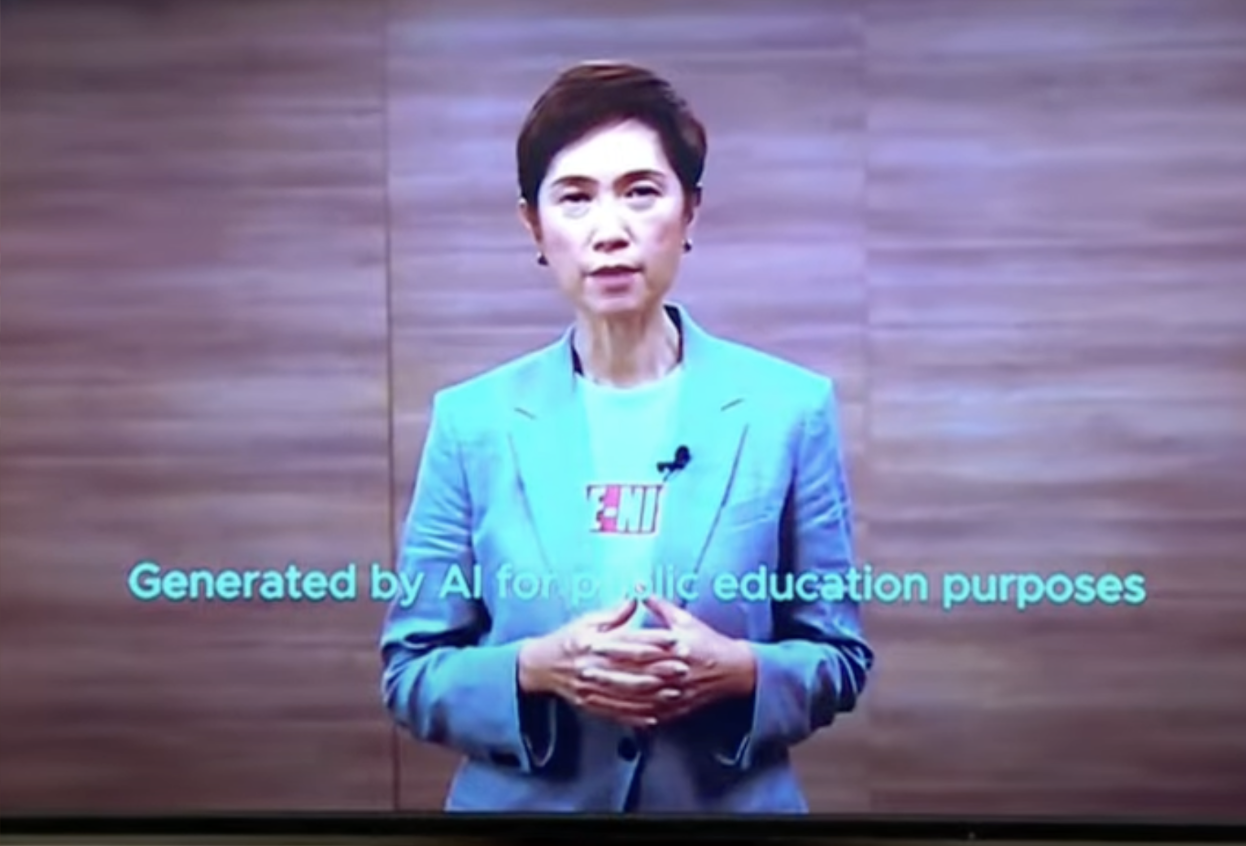 Screenshot from MDDI Singapore/YouTube.
Screenshot from MDDI Singapore/YouTube.
After a pause, the on-screen Teo went: "Did you think this was really me, Jo Teo, speaking in this video? Actually, this is a deepfake generated by artificial intelligence."
The "deepfake Teo" continued:
"It only took one person one hour to create this, using easily accessible software that anyone can use right now from the Internet.
Imagine if someone produced realistic deepfakes, depicting Members of this House saying or doing something we did not actually say or do, and disseminated it. Such technology will only improve, and deepfakes may become even more realistic, convincing, and easy to make."
After the video ended, the real Teo explained:
"Members will appreciate that AI technology is improving quickly. If the deepfake video you just watched did not convince you of its impersonation of me, more advanced versions soon will."
The ELIONA Bill which will amend the Parliamentary Elections Act 1954 (PEA) and the Presidential Elections Act 1991 (PrEA), introduces measures to restrict such kinds of digitally manipulated content during elections.
Under the proposed changes, from the issuance of the writ to the close of polling on polling day, there will be a prohibition on digitally generated or manipulated Online Election Advertising (OEA) that realistically depicts a candidate saying or doing something they did not say or do.
The proposed prohibition does not apply to content featuring non-candidates, nor does it take effect outside the period between the issuance and the writ and polling day.
What is prohibited
The bill prohibits OEA from realistically depicting candidates saying or doing things they did not say or do.
OEA, as stated in the PEA and PrEA, refers to online material that can reasonably be regarded as influencing the electoral success or prospects of political parties or candidates or otherwise enhancing or prejudicing their standing in connection with any election.
The proposed ban will also apply to acts that amplify access to existing offending content. For instance, paying to boost, sharing, linking, or even reposting such content will be covered by the ban.
"It does not matter if the content is favourable or unfavourable to any candidate. The publication of such prohibited content during the election period, including by boosting, sharing, and reposting existing content, will be an offence," Teo said.
Teo highlighted a few examples of content that would be prohibited:
- Realistic audiofakes featuring a candidate saying things he did not say;
- Realistic AI-generated image of a candidate participating in events that did not happen, meeting people that he or she did not meet;
- Realistic manipulated image or video taken out of context and misrepresenting a candidate’s actions.
"The Government will use a range of detection tools to assess if the content has been generated or manipulated using digital means. We have at our disposal commercial tools, and also those developed in-house, or in partnership with researchers, such as those at the Centre of Advanced Technologies in Online Safety (or CATOS)," Teo said.
"We have channelled S$50 million in funding over five years to CATOS, which will develop new technological capabilities to detect online harms, including harmful digitally manipulated content," she added.
Election period
Teo said that from the issuance of Writ to Nomination Day, there will be a two-part requirement for individuals who would like to identify themselves as prospective candidates and have the safeguards of the ELIONA Bill apply to them:
- First, pay the election deposit; and
- Second, consent for their names to be made public by the Elections Department. The consent form will be made available via the ELD website. The intention is for the website to be updated daily.
Teo said that this is a step up from simply making a public declaration of one's potential candidacy and that publishing the names of those who placed the deposit will also make it clear to the public which individuals are covered by the law.
"It is the candidate’s choice entirely when to inform the public about his or her intention to stand for election. Candidates can choose to put down the election deposit but withhold consent to make their names public until Nomination Day," she said.
What constitutes private correspondence
Teo had explained during her opening speech on the bill that the ban on digitally manipulated OEA does not apply to content communicated between individuals that is of a private nature by electronic means.
Nevertheless, some MPs raised concerns about what exactly constitutes "private" or "public" communications and whether the bill tackles the former.
During her closing speech, Teo explained:
"The elections rules are not intended to police private or domestic communications. When deciding whether a communication is of a private or domestic nature, the Returning Officer, or RO, will consider various factors, such as the number of individuals in Singapore who can access the content; if the group is a public or closed; and the relationships between the individuals."
Teo added that, for example, chat groups on WhatsApp and Telegram with very large memberships that anyone can freely join should not be considered private or domestic communication.
"If prohibited content is circulated in these open groups, the RO will assess if action should be taken. If the same prohibited content is posted online, on websites or social media platforms, we can issue corrective directions for it under the ELIONA Bill," Teo said.
Satire or memes
MPs Louis Ng, Yip Hon Weng and Zhulkharnain Abdul Rahim asked how the government will treat OEA designed to entertain, such as satire and memes.
Teo replied:
"As I mentioned in my opening speech, content that does not mislead and deceive people about a candidate’s actual speech or actions will not be banned.
Besides the question of whether it is digitally generated or manipulated, the law requires us to consider these questions: If the public saw or heard the content, would they believe it is the candidate being depicted in the content?
Would they also believe that the candidate did or said that thing in real life?"
Teo noted that memes and satire are already part of our online space, and that most of such content will show caricatures of individuals.
"A reasonable person will be able to distinguish fact from fiction," she added.
Zhulkharnain also queried if the content that is labelled and declared to have been digitally manipulated would be exempted.
"Sir, labelling does not automatically exempt content from being prohibited by the ELIONA Bill. A label may not be noticed by everyone. There are also ways to remove labels from content before re-circulation," Teo replied.
Top photo from MDDI Singapore/YouTube.
MORE STORIES








